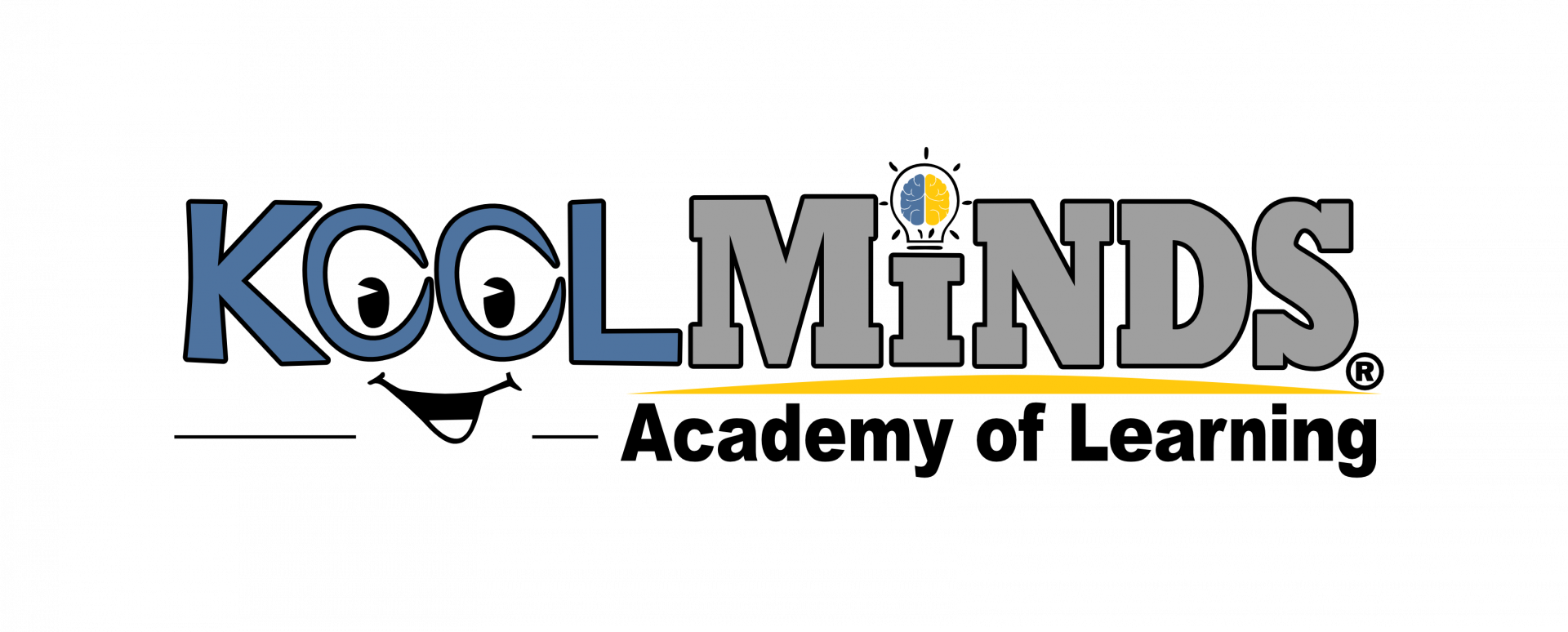Is it Reading or Reading Comprehension?
Reading Comprehension is defined as the ability to process text, understand its meaning, and to integrate with what the reader already knows.
As you can see from the definition, these two things are very closely related. When a person reads a text, there are multiple processes occurring at the same time. We use our awareness and understanding of phonemes (individual sound “pieces” in language), phonics (connection between letters and sounds and the relationship between sounds, letters and words) and ability to comprehend or construct meaning from the text.
Reading comprehension is one of the pillars of the act of reading. It consists of two elements including vocabulary knowledge and text comprehension. In order to understand text, we must understand each word that we are reading. We then have to be able to put the words together to develop an overall conception of what it is trying to say.
Reading and Reading Comprehension are two very important skills. As Cain stated, "successful comprehension of written text enables the reader to acquire and apply new knowledge, to experience other (fictional) worlds, to communicate successfully, and to attain academic success."
Here are a few articles that you can read to learn more about reading and reading comprehension.
-
What is Reading?
-
What is Reading Comprehension?
-
Making sense of text: Skills that support text comprehension and its development
There are three skills that children with reading comprehension difficulties really struggle with including: integration and inference, comprehension monitoring, and knowledge and use of story structure. It is important for us to know that comprehension can be limited not just by word reading proficiency but by these other skills, as well. These skills can be taught through written and spoken language activities and fostered before reading instruction begins.
We have listed some of the signs of both of these difficulties below. Each individual is unique and may exhibit only some of the signs. It is important to learn the difference because you or your child could need help with just one of these things or you might need help with both of them.
Signs of a Reading Issue (Dyslexia)
-
Delayed speech
-
Omitting sounds or letters when reading and writing words
-
Difficulty recognizing printed words
-
Mixing up the sounds and syllables in long words
-
Difficulty sounding out unfamiliar words
-
Slow, choppy, inaccurate reading
-
Difficulty with and/or resistance to reading aloud
-
Difficulty spelling
-
Letter and/or number reversals
-
When speaking, difficulty finding the right word
-
Guessing, skipping, or replacing words instead of sounding them out
-
May have to read a page 2 or 3 times before understanding it
Signs of a Reading Comprehension Issue
-
Struggles to follow the sequence of events
-
Trouble recalling, or summarizing what they have just read
-
Challenges with basic reading skills such as word recognition
-
Difficulty understanding the important ideas in reading passages
-
Frequent frustration with reading tasks
-
Unable to connect ideas in a passage
-
Struggles to link prior knowledge to new information to make meaning
-
Doing well on spelling tests but failing vocabulary tests
Here are a few articles that you can read to learn more about dyslexia and reading comprehension disorder.
Watch these videos to learn more!
Sources:
[i] Leipzig, D. H. (2001, January). What is Reading. Readingrockets.Org. Retrieved April 19, 2022, from https://www.readingrockets.org/article/what-reading
[ii] What is Reading Comprehension? (2014, August 21). Https://Www.K12reader.Com/What-Is-Reading-Comprehension/. Retrieved April 19, 2022, from https://www.k12reader.com/what-is-reading-comprehension/
[iii] Comprehension. (n.d.). Readingrockets.Org. Retrieved April 19, 2022, from https://www.readingrockets.org/helping/target/comprehension
[iv] Hulme, C., & Snowling, M. J. (2016). Reading disorders and dyslexia. Current opinion in pediatrics, 28(6), 731–735. https://doi.org/10.1097/MOP.0000000000000411
[v] Cain, K. (2009). Making sense of text : skills that support text comprehension and its development. Perspectives on Language and Literacy, 35(2), 11-14.
https://www.koolminds.com/blog/reading-or-reading-comprehension
Who We Are
Featured Links
#1 This is a title
#2 This is a title
#3 This is a title
Thank you
for your interest!

